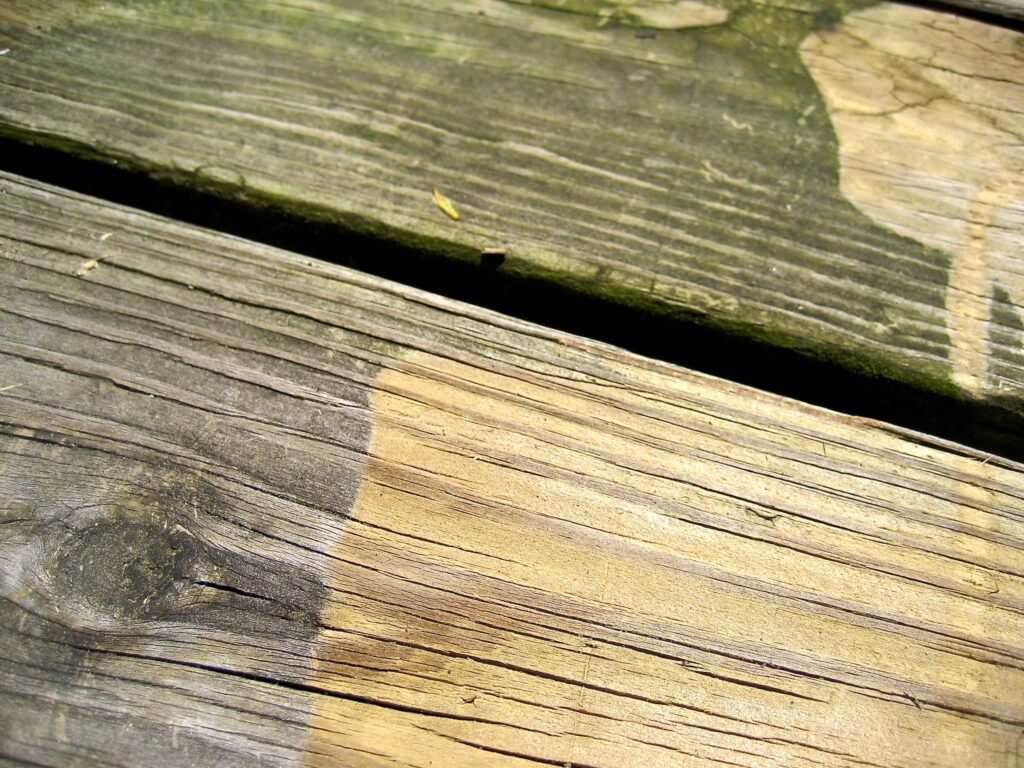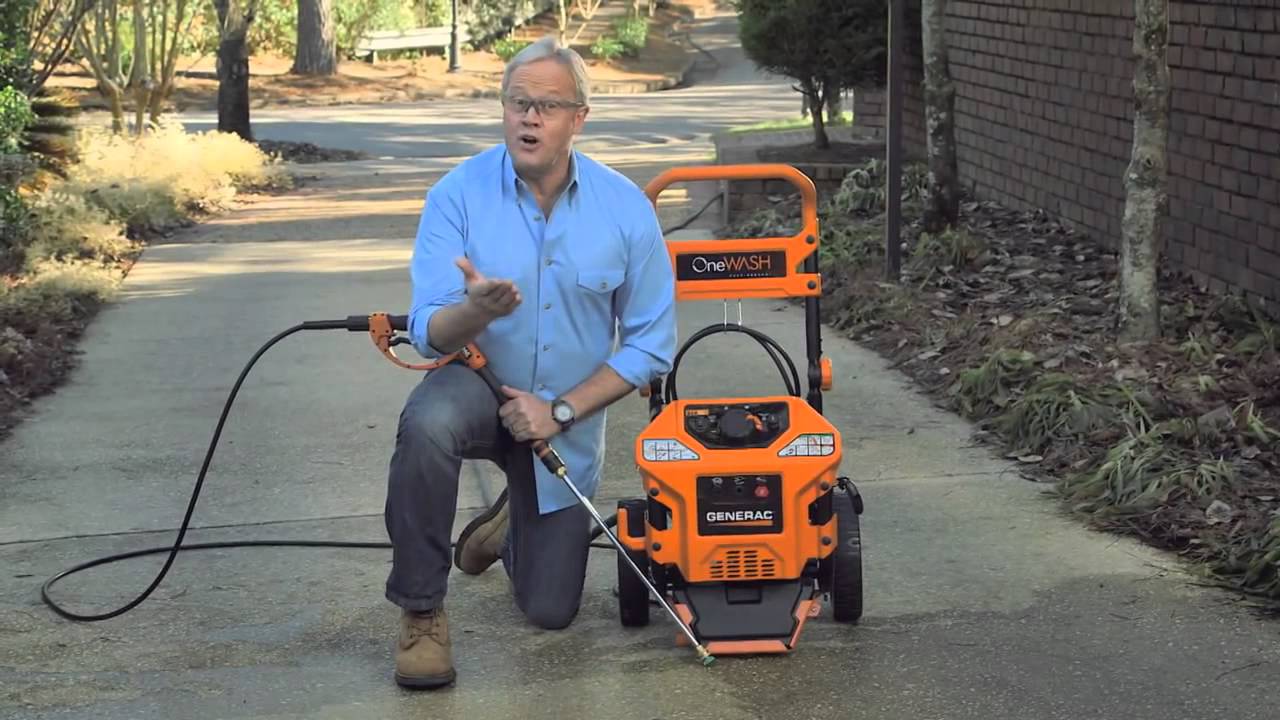Pressure washers are used for cleaning many different types of surfaces. They can be found in many sizes and configurations, but it is important to know the pressure washer PSI (pounds per square inch) that’s right for you and your needs.
The PSI determines how quickly the water will shoot out of your nozzle and its effect on cleaning power. Low PSI means less water and high PSI means more water-but both have different purposes so do your research before buying one!

What pressure washer psi is good for which type of surface?
Pressure washers are found in many sizes, but you need to know your PSI. A low PSI means less water and a high PSI means more water, but the purposes of the pressure washer are different for both.
For example, you need less pressure if you’re using it to wash your car than if you were detailing your backyard. Low PSI is ideal for washing cars because the water isn’t as powerful and may leave swirls on the paint.
High PSI works best for surfaces like sidewalks because more force is needed to remove stubborn dirt and grime.
Types of pressure washers- which one is right for you?
Although the average pressure washer runs at approximately 1,800 to 2,300 PSI, there are many different types of pressure washers- which one is right for you? The three types of pressure washers include:
- Gas-powered
- Electric-powered
- Battery operated (cordless)
You may need a different pressure washer depending on the surface that you’re having to clean. If you have a dirty driveway, it would be wise to use a high PSI because dirt and mud need more force to remove.
The same goes for if you’re washing your car–you’ll need less than 2,300 PSI so that no swirls are left on your car’s shiny exterior.
If you’re detailing your backyard, you should use a pressure washer with lower PSI ( 1,800 to 2,300) because the water isn’t as powerful and will not remove any color from concrete or wood if used at higher PSIs. 1,800 to 2,300 psi is the most common PSI for pressure washers and will be sufficient enough to clean almost any surface.
It is also important to think about the nozzle of your pressure washer and what type of spray or stream you want it to create.
There are three different types of nozzles:
- Turbo/rotary nozzle- shoots out a fan-shaped spray
- Cone nozzles- shoots out a high-pressure stream that is great for removing dirt and grime from cracks or hard to reach areas
- Scrub/brick nozzle – shoots out an abrasive jet that is good for cleaning concrete surfaces. The scrub nozzle is quite powerful so it can bring back the color on your bricks or concrete if they are stained.
Conclusion
PSI is short for “pounds per square inch” and it is a unit of measure that describes the force or pressure applied to an area.
When we talk about PSI for pressure washers, what we are referring to is the water’s kinetic energy which relates directly to its cleaning strength-the higher the PSI rating means more intense scrubbing action!
If you want high-pressure soapy spray but don’t need any jet stream technology (which would require low psi), then use this formula: 150psi/gpm=lbs of pressure.
The psi rate should not go higher than what you need, but if it does then this formula will allow you to know how much pressure the washer is giving you.
For example, let’s say that your psi is 120 and your GPM (gallons per minute) is 2. So 120psi/2gpm=60lbs of pressure. As far as the psi, you would need to set it between 60 and 150 for a standard nozzle application.
So if your psi is 120, then this means that at any given time, the water is releasing with 60 pounds of force! Doing this can damage equipment so keep in mind how the pressure washer psi will affect the water’s ability to do what you want it to!

